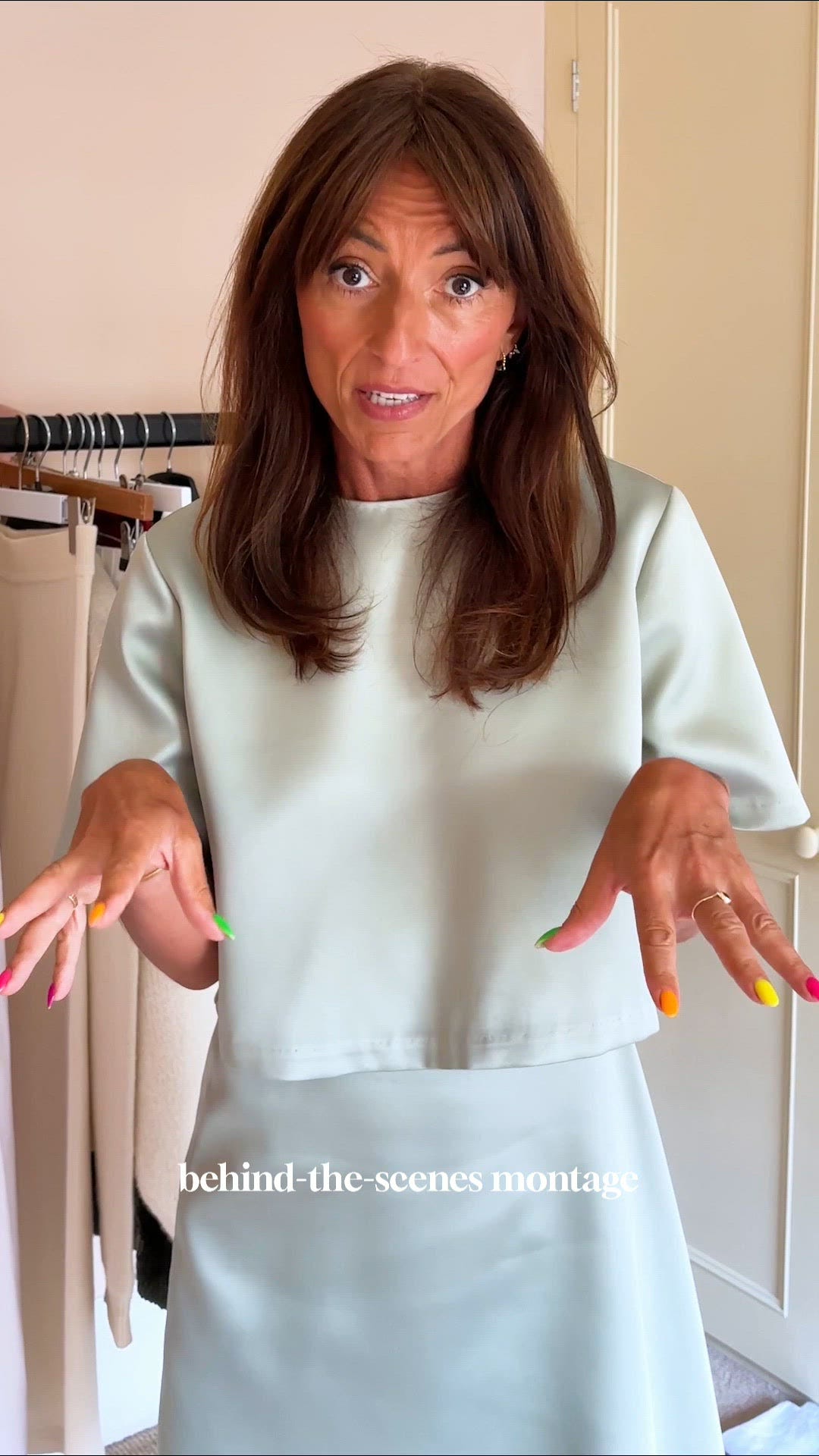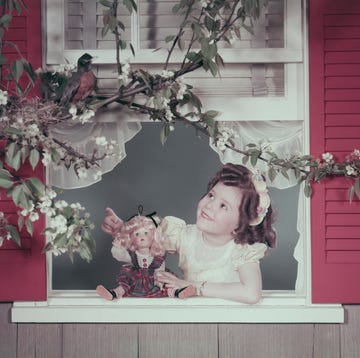The Netflix series Adolescence has sent shockwaves through the country, with even the prime minister confessing he is "worried" about harmful ideas about being a man and misogyny spreading on social media and influencing the behaviour of boys and young men in the real world.
This week, the show's executive producer, Hannah Walters, told the BBC that she has received: "lots of messages of thanks" from parents who are "opening those bedroom doors and talking to their children in ways that they hadn't talked to them before."
But how do you start a conversation about the issues raised in the drama, from misogynistic online content to male rage? How can you be honest with your teen, without frightening them or fuelling the problem?
What to read next
“The most intuitive place to start is also the worst place,” says positive masculinity educator and activist, Ben Hurst. Through the charity Beyond Equality, Ben has spent the last 8 years going into schools and teaching boys aged 12-18 about positive masculinity.
He has seen – directly and up close – the harm that toxic attitudes touted online can do to adolescent boys. He is, however, resoundingly optimistic about the future, and there’s one thing, he says, that will transform both your conversations with your son and the impact they make on him.
Don’t police their views.
When your son or grandson regurgitates the views of Andrew Tate and other misogynist influences across the breakfast table, fear is an understandable reaction. But it’s also the worst place from which to begin a conversation with your teen.
“Teenagers, especially boys, love to play devil’s advocate, they are testing the boundaries and trying things out,” he says, “they are still trying to form their public and private identities and they are being policed from every direction.”
He warns that scolding could actually have the opposite effect. Teenagers are under constant scrutiny, from their peers, from institutions and it’s important for them to feel there’s a space for them to explore these identities freely and safely. As hard as that might be.
Bear brain development in mind
Ben underlines the importance of understanding where your teenager is developmentally: “be aware of their brain development, their internal worlds are complicated and they are often hiding things, but they aren’t as smart as sometimes they think they are. They are just muddling through and it’s important to show some compassion.”
On top of physiological changes (thanks to the onslaught of hormones,) teenagers haven’t yet fully developed understandings of long-term consequences, or empathy and are just developing their critical thinking skills, trying them out with the grace of a wrecking ball.
“Encourage these critical thinking skills where you can, ask them questions about what they are watching, what they are interested in,” says Ben. “The way schools teach is still very didactic; we’re still so focused on learning by wrote and not on encouraging kids to think more widely about things.”
Let them explain
Having somewhere to explore their views without judgement is essential – not just for the development of skills they’ll need in adulthood but also for their developing sense of self.
“Don’t treat them like the villain. Think about the environment boys are growing up in now and the media that is around them, many of them think they are bad by virtue of being themselves.”
For Ben, it’s important to let boys know that this conversation isn’t about saving women but about saving themselves.
Be curious
In fact, says Ben, one of the best ways to engage your teen is to be curious yourself. Ask questions about what they’re watching and maybe even watch something with them, he suggests.
You won’t want to see everything they are looking at – there are only so many Call of Duty reaction videos one can watch, after all – but try watching some YouTube videos with them, or asking them to share a TikTok with you they found funny.
“These conversations don’t have to be super heavy. Find a fun way in but let them determine the pace. The undertone should always be one of fun and enjoyment.”
Asking questions about what they are interested in is a great way of engaging with their world and you never know, you might even learn something new!
None of these things are easy, and everyone is trying to navigate the world as best they can.













